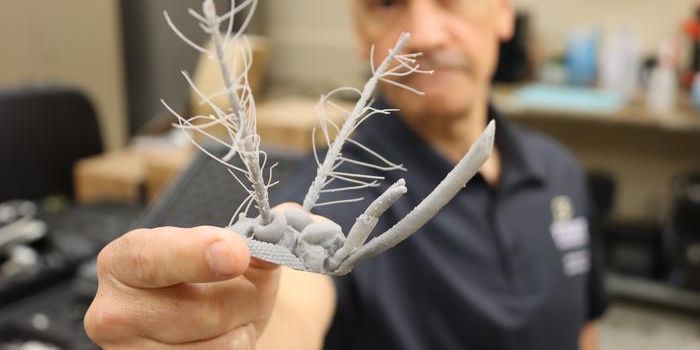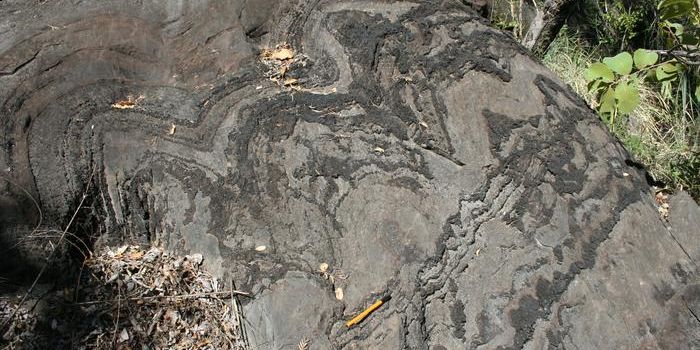Should You Try to Mine Bitcoin?
If you own any Bitcoin or have noticed the uptick in news of its value lately, you may be intrigued by the concept of Bitcoin mining. While it can seem like a mysterious endeavor, understanding the essential process and purpose of mining does not require in-depth technical know-how.
Bitcoin is a digital currency that runs on the blockchain. The blockchain is a connected collection or network of records or “blocks” so in some ways it is similar to a traditional ledger. Blockchain technology is unique in that instead of being centralized in one hub, it is spread out over many different computers and secured with cryptography (the practice of encrypting and protecting information). Blockchain is also used as the basis for other cryptocurrencies and for the development of applications outside the financial realm.
Bitcoin users choose to donate their computer power to maintain the Bitcoin blockchain. The computers use complex mathematical puzzles to validate Bitcoin transactions, such as someone buying something with Bitcoin. Transactions typically start to be mined and confirmed within 10 minutes of initiation.
Miners compete to solve the puzzles associated with each transaction and validate them first because if they do, they receive both a reward of Bitcoin and a portion of related transaction fees. To “win,” a miner has to be the first one to solve a puzzle centering on a cryptographic “hash function.” A hash function is a type of encryption that takes an input and creates a random, fixed-length “hash value” to go with it, a sort of digital fingerprint without a key. Here is an example of a hash value: 46750fef 26f87ddd 5e15407f 45a0b8d2 9513291c 4e0f0acc 24a973de 907a1569.
Miners then use a hashing algorithm in an effort to be the first to solve the puzzle; “The aim of mining is to use your computer to guess until it comes up with a hash value that is less than whatever the target may be,” explains Ameer Rosic of the Huffington Post. It usually takes millions or billions of computer-generated guesses to do this. Once a miner is successful, this validates the transaction and it is recorded as another secure block in the public blockchain ledger. Whoever wins the block will get a reward of 12.5 Bitcoins.
At first, in 2009, miners who solved the hashing puzzles received 50 Bitcoin, but that number is halved every 210,000 blocks, or approximately every four years. Currently, a miner can receive 12.5 Bitcoins for mining one block. As of Dec. 11, 2017, that equates to about $204, 375. This high Bitcoin price has driven the current frenzy over buying and mining Bitcoin.
It is possible for anyone to download a mining app like Bitcoin Miner onto a home computer and start mining at home. Whereas early 
There is a limited amount of Bitcoin available to mine: 21 million. Also, Bitcoin is designed to be more difficult to mine over time. While about 80 percent is expected to be unlocked by the end of 2018, it could still take more than a century for all the Bitcoin to be mined, reports Matthew Field of The Telegraph.
CPUs (the central processing unit in a computer) and then GPUs (graphic processing units) were once primarily used, but the dominant current hardware are ASICs (application-specific integrated circuits) designed specifically for mining Bitcoin. Not surprisingly, Bitcoin mining is now a multibillion-dollar industry and many miners have formed mining pools to share computing power and rewards. Professional mining companies such as BitMain in China can mine a block in about eight minutes and generate millions in profits daily. Intensive, competitive Bitcoin mining requires a lot of energy, so for many solo miners or smaller-scale operations, it is very difficult to make a profit. As Bitcoin.org puts it, “it is not an easy way to make money.”









